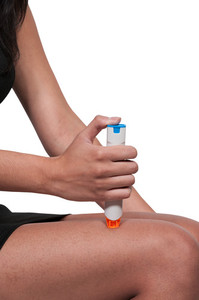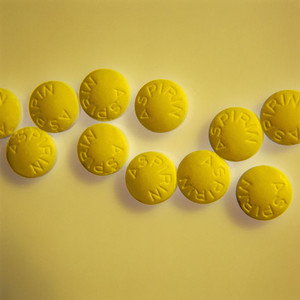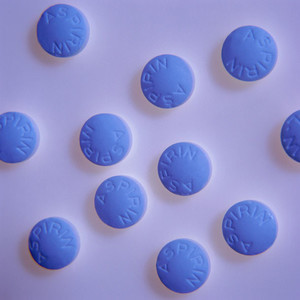US-based drugmaker Mylan announced on 16 December 2016 that it had launched the authorized generic version of its EpiPen (epinephrine) injectors at a wholesale price of US$300 per two-pack. This price, the company says, ‘is more than 50% lower’ than the brand-name price.
Mylan launches generic EpiPen
Generics/News
|
Posted 13/01/2017
 0
Post your comment
0
Post your comment

The EpiPen injectors are used for the emergency treatment of life-threatening allergic reactions (anaphylaxis) caused by allergens, exercise or unknown triggers.
The launch comes as a result of a promise by Mylan in October 2016 that its US subsidiary would launch a generic after the company received a plethora of complaints and letters by senators in the US over its pricing for EpiPen.
EpiPen came under increased scrutiny after Mylan introduced a number of dramatic price increases. The list price for a set of two of the company’s EpiPen injectors increased from US$103 in 2009 to a whopping US$608 in 2016 – an increase of 480%. These price increases have been blamed for making the devices unaffordable for a growing number of families in the US.
Mylan reassures patients that ‘the authorized generic has the same drug formulation and device functionality as EpiPen Auto-Injector, a product that has been on the market for nearly 30 years, and is administered in the same way’. In addition, and in order ‘to further increase access to treatment’, Mylan has also launched ‘an additional patient purchase option at US$300 per two-pack’ and ‘a savings card for eligible patients with commercial health insurance, providing up to US$25 off the out-of-pocket cost for the authorized generic’.
This may not be the end of Mylan’s woes regarding EpiPen. The company agreed in October 2016 to pay a fine of US$465 million to the US Department of Justice (DOJ) and other government agencies over EpiPen Medicaid drug rebates due to its apparent misclassification as a generic rather than an originator drug [1]. However, some lawmakers are still pushing for answers. The House Committee on Energy and Commerce and the Senate Finance Committee are questioning why the Center for Medicare and Medicaid Services officials did not force Mylan to fix the EpiPen rebate problem, when it had known about the problem for years [2].
Meanwhile, alternatives for EpiPen could also soon be on the market. Compounding pharmacist Imprimis Pharmaceuticals has said that it has been quietly working on a compounded version of EpiPen for months. The company hopes to have it ready by the end of 2017 and sell it profitably for less than US$100. While EpiPen competitor Auvi-Q is expected to return to the US market in the first half of 2017.
Related article
Policies to address price rises in old generics
Mylan to acquire Swedish drug maker Meda
References
1. GaBI Online - Generics and Biosimilars Initiative. Mylan agrees to pay fine over EpiPen rebates [www.gabionline.net]. Mol, Belgium: Pro Pharma Communications International; [cited 2017 Jan 13]. Available from: www.gabionline.net/Generics/News/Mylan-agrees-to-pay-fine-over-EpiPen-rebates
2. GaBI Online - Generics and Biosimilars Initiative. Senators continue to raise concerns over price of Mylan’s EpiPen [www.gabionline.net]. Mol, Belgium: Pro Pharma Communications International; [cited 2017 Jan 13]. Available from: www.gabionline.net/Generics/News/Senators-continue-to-raise-concerns-over-price-of-Mylan-s-EpiPen
Permission granted to reproduce for personal and non-commercial use only. All other reproduction, copy or reprinting of all or part of any ‘Content’ found on this website is strictly prohibited without the prior consent of the publisher. Contact the publisher to obtain permission before redistributing.
Copyright – Unless otherwise stated all contents of this website are © 2017 Pro Pharma Communications International. All Rights Reserved.
Source: CNN, Forbes, Mylan
Research
Japan’s drug shortage crisis: challenges and policy solutions
Saudi FDA drug approvals and GMP inspections: trend analysis
The best selling biotechnology drugs of 2008: the next biosimilars targets










Post your comment